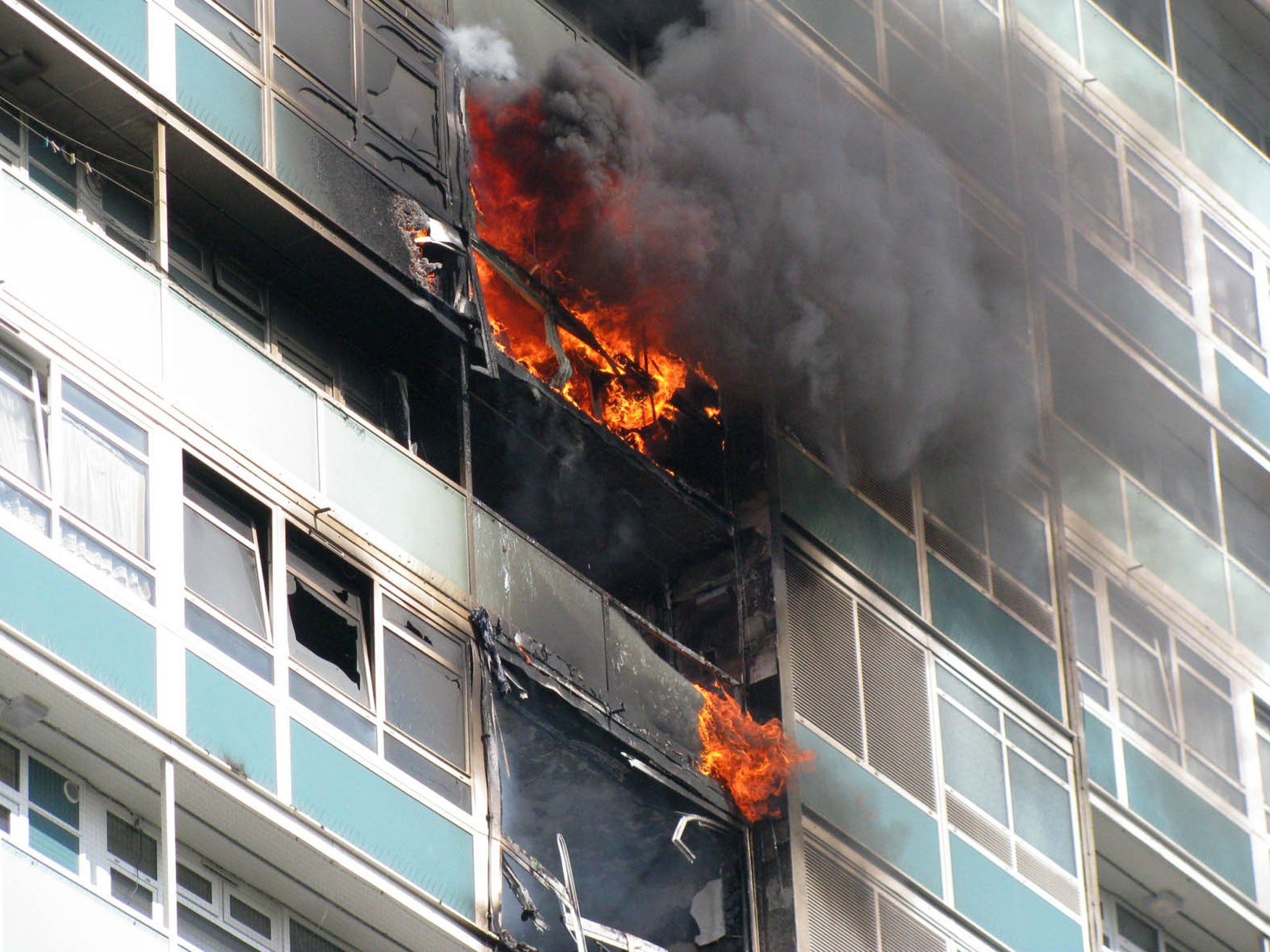I represented victims of the Lakanal House fire, this is why we need an inquest into what happened at Grenfell Tower
My client, whose daughter and grandchildren died on 11th floor of the tower block in Camberwell, was consoled that lessons would be learnt by this tragic incident – sadly they were ignored by the Government

Your support helps us to tell the story
From reproductive rights to climate change to Big Tech, The Independent is on the ground when the story is developing. Whether it's investigating the financials of Elon Musk's pro-Trump PAC or producing our latest documentary, 'The A Word', which shines a light on the American women fighting for reproductive rights, we know how important it is to parse out the facts from the messaging.
At such a critical moment in US history, we need reporters on the ground. Your donation allows us to keep sending journalists to speak to both sides of the story.
The Independent is trusted by Americans across the entire political spectrum. And unlike many other quality news outlets, we choose not to lock Americans out of our reporting and analysis with paywalls. We believe quality journalism should be available to everyone, paid for by those who can afford it.
Your support makes all the difference.The fire at Grenfell Tower has brought back memories of the tower block fire at Lakanal House in Camberwell, London in 2009 in which three adults and three children died – one was a 20 day old baby.
At the time the Lakanal House Fire was the UK’s worst ever tower block fire and a ‘Super-Inquest’ was convened to investigate the deaths. The ‘Super-Inquest’ gave the bereaved families certainty that no stone would be left unturned, and it wasn’t. The police allocated resources to investigate whether criminal offences had been committed, and although the Crown Prosecution Service (CPS) did not bring charges and prosecutions against the local authority or the fire brigade, the evidence gathered during the police investigation was invaluable to the inquest proceedings.
At the inquest, the jury found serious failings by Southwark Council and the London Fire Brigade and concluded that the deaths were avoidable, had safety checks taken place in the years before the fire and the ‘stay-put’ advice given by the fire brigade changed on the day.
The bereaved families waited a long time to hear the jury’s verdicts and my client, whose daughter and grandchildren died on 11th floor of the tower block was to some extent consoled that lessons would be learnt by this tragic incident. The Coroner recommended a number of actions that needed to be taken by the Government to safeguard the lives of residents living in tower blocks.
Sadly, the Government did not act upon the recommendations, apart from commencing a ‘programme of simplification’ of the Approved Document B, in relation to Building Regulations. This meant that 4,000 tower blocks across the country were not retro fitted with sprinkler systems and a lax regulatory framework around fire safety assessments remained in place.
It downplayed the national importance of the recommendations made by the Coroner and adopted a laissez-faire attitude towards the jury’s verdicts. This sent a clear message to the local councils that the safety of residents in tower bocks was not a Government priority and the recommendations could be ignored.
The clarity about the advice given to residents of tower blocks in case of a fire within the building was not reviewed and the recommendation that the Department of Communities and Local Government publish a consolidated national guidance in relation to the 'stay-put' policy and its interaction with the 'get out and stay out' policy never took place.
The Government’s failure to safeguard the lives of those who reside in tower blocks came at a heavy toll to those who lived at Grenfell Tower. The unimaginable and unspeakable horror that many have suffered and witnessed cannot be left to the Government to investigate. The bereaved families have a right to a fair and transparent investigation into the deaths of their loved ones, whose lives were lost at the hands of the Government.
The bereaved families have a right to an inquest into the deaths of their loved ones, as took place after the Lakanal House Fire. A High Court Judge or a more senior judge can be appointed as the Coroner and as in the case of the Lakanal House Fire a 'Super-Inquest' convened. The inquest would be held with all the bereaved families together and they would have a right to see all the evidence gathered as part of the criminal investigation.
If the Government wants to learn immediate lessons, then the jury’s narrative verdicts from the ‘Super-Inquest’ into the Lakanal House Fire and the Coroner’s Rule 43 Report is the starting point
It is hoped that on reflection the Government will realise that for justice to prevail, there must be an inquest not an inquiry into the deaths of those who died in the Grenfell Tower fire.
Sophie Khan, a Solicitor-Advocate is Solicitor Director at Sophie Khan & Co a niche firm specialising in actions against the police and public authorities, and represents bereaved families at inquests. She is also director of the Police Action Centre. Follow her on Twitter: @khan_sophie
Join our commenting forum
Join thought-provoking conversations, follow other Independent readers and see their replies
Comments